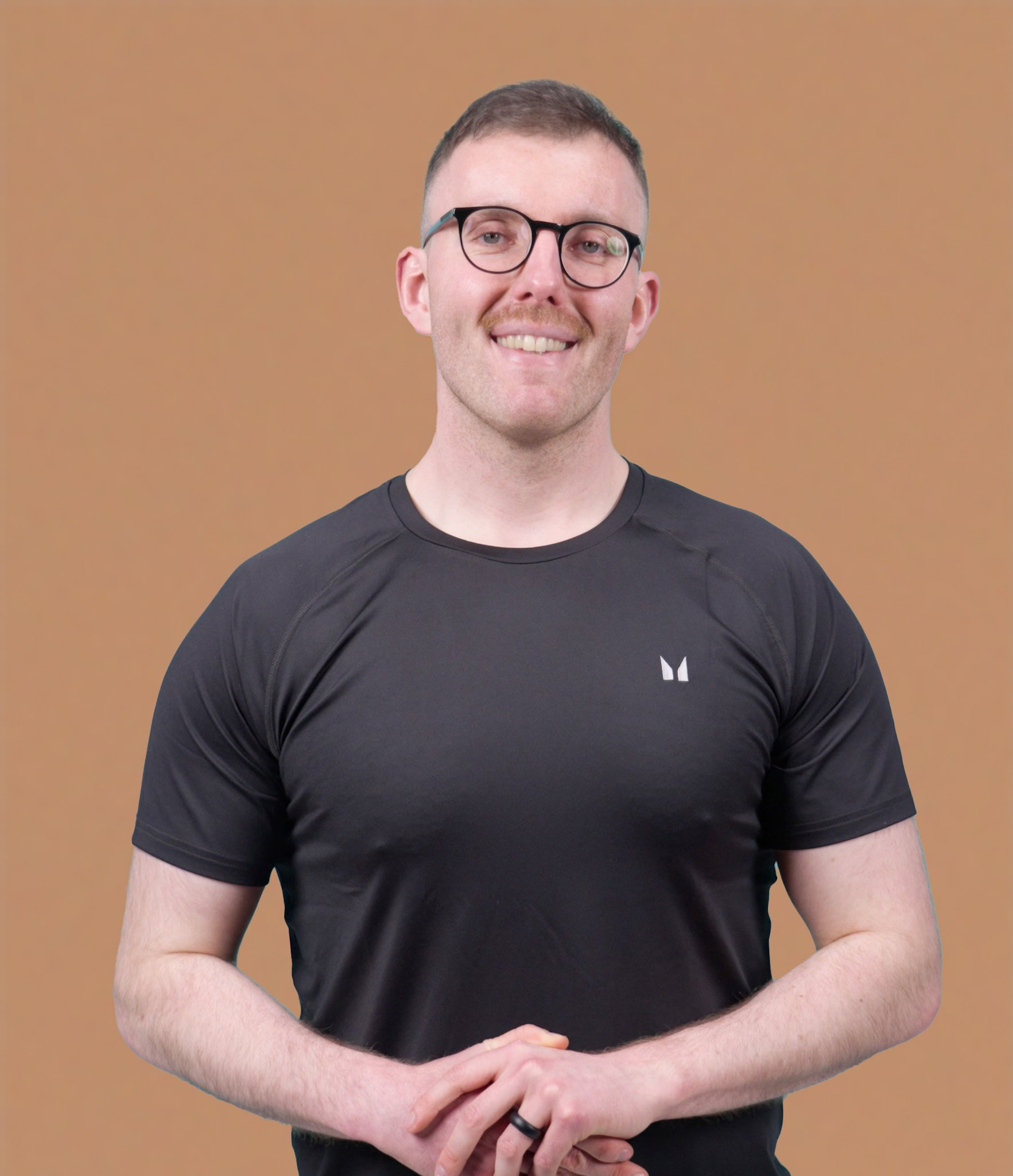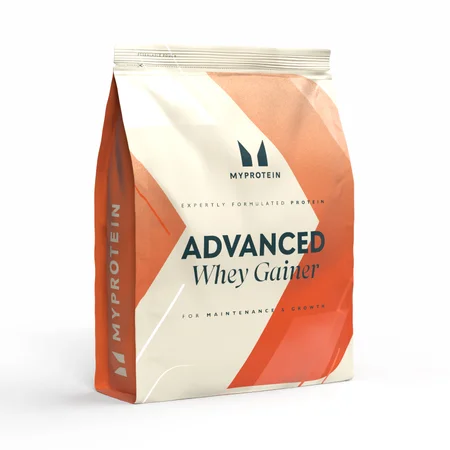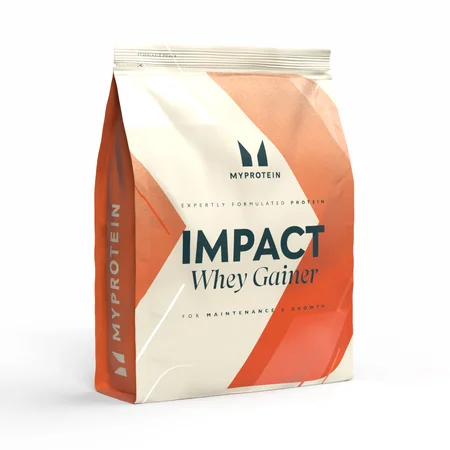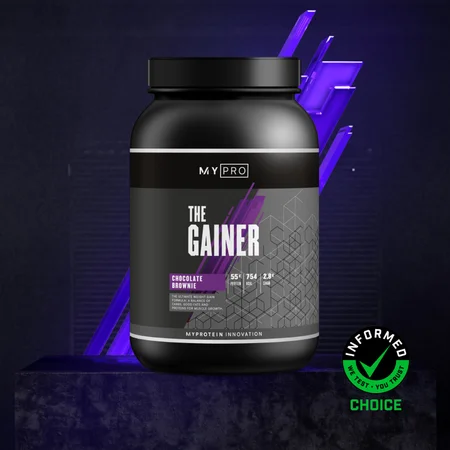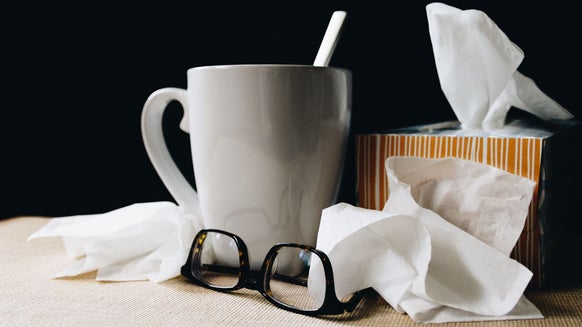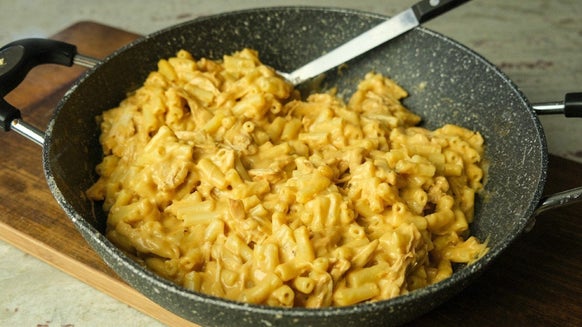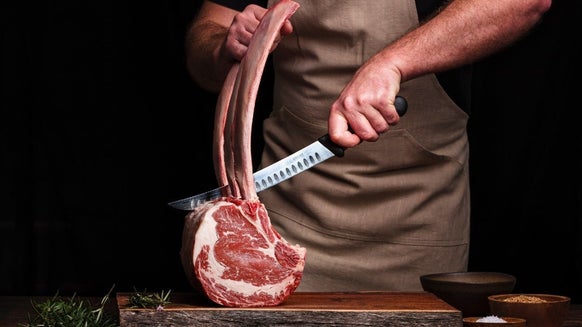The 15 Best Foods For Weight Gain

Luckily, there are plenty of foods that can speed up the process and help you gain weight faster

1. Milk
Milk is one of the most affordable and well-rounded additions you can make to your muscle gaining diet; packed full of beneficial vitamins and minerals as well as being energy dense and a good source of protein.
2. Protein supplements and smoothies
Add to baking recipes, as a snack or even use them to make smoothies and combine some of our other weight gain foods on the list.
3. Salmon and oily fish
Salmon and oily fish tick our two main boxes; energy dense and packed full of protein. Great! But it doesn’t end there, oh no. Salmon and other forms of oily fish are also rich in “healthy” fats (omega 3s for example and other polyunsaturated fats as well as monounsaturated fats) and low in “unhealthy” fats (saturated and trans fats). This is important as many other animal protein sources will be richer in these unhealthier fats and much lower in the healthier fats.
4. Nuts and nut butters
Nuts and nut butters are a fantastic addition to a muscle building diet; packed full of healthy fats and energy dense as well as being a bountiful source of vitamins and minerals. They’re also a source of electrolytes; a particularly important component of our diet that upholds optimal hydration and exercise performance.
Nuts are a wonderful snack and nut butters can be added to your smoothies, meals or consumed on their own to up your energy intake. Really helpful for those who struggle getting in the volume of food they need to achieve their needed surplus.
Why not give these high protein peanut butter sandwiches a whirl?
5. Oats and other wholegrain cereals
Oats are a wonderful source of protein, minerals, fibre and energy. With the added food intake, you’d want to be conscious of your fibre intake as well (likely requiring an increase) to ensure your digestion functions as it should. Brilliant to have on their own or with a scoop of protein powder mixed in or thrown into smoothies.
Other wholegrain cereals, such as Weetabix, bran flakes, oat bran etc. would make for good additions now and again to diversify your diet too.
Protein (g) per 100g – 11g
6. Wholegrain rice, pasta and quinoa
Carbohydrates are the body’s primary source of energy and wholegrain rice, pasta, and quinoa are great sources as well as being sources of fibre and other vitamins and minerals.
Quinoa is also a good source of protein and tends to have a better nutrient profile overall than rice or pasta (albeit a bit more expensive, but if you can afford it, it’s great).
7. Potatoes
Potatoes are just as great as rice, pasta and other grains for providing us the carbohydrates we need to fuel our performance, recovery and muscle growth.
They’re also packed full of helpful B vitamins that are crucial to our metabolism functioning properly and ensuring we’re getting the most out of the healthy foods we eat.
8. Protein bars
Protein bars are one of the best snacks you can have on a muscle building diet. Packed full of protein (name gives it away) but also a good source of added energy and, in many cases, fibre.
We have a huge range of bars to choose from, if it’s a flapjack you fancy or a protein packed multi-layered delight, you’ll find those and everything in between.
9. Avocados
Avocados are a great source of healthy fats as well as being an energy dense… berry? Yeah, in case you didn’t know that, avocados are actually berries.
As weird as they may be, avocados are a fantastic addition to our muscle building diet and can be added in a savoury or sweet capacity; making a silky, creamy smoothie or an additional nutrient packed compliment to a salad or alongside some carbs and protein.
You can check out more health benefits of avocados here;
10. Whole eggs
Whole eggs are delicious packages of protein, healthy fats and energy. They’re a great option for any meal and they’re highly affordable too.
Try this delicious Egg-Stuffed Tortilla Wrap recipe from our blog;
11. Dried fruit and banana/ coconut dried chips
One of my favourite pre-workout recommendations is a handful or two of dried fruit or banana/ coconut dried chips.
12. Beans and lentils
Beans and lentils are super underrated and often seen as a food just for the vegetarians and vegan dieters. But they’re spilling over with fibre, protein and a whole bunch of other helpful and healthful vitamins and minerals. They’re also really affordable and versatile to cook with.
13. Olives and healthy cooking oils
Olives are a good source of healthy fats and a perfect snack or addition to many main meals.
Healthier cooking oils like olive, sesame and even avocado make for a great addition as a salad dressing or for cooking that really help to increase your energy intake without loading up on unwanted unhealthy fats.
14. Cheese
Cheese is often seen as “unhealthy” and we’re not fully sure as to why that is. It’s a good source of high-quality protein, packed full of healthful vitamins and minerals and a great source of energy.
Certainly, worth including in your diet and just ignore those who arbitrarily say a food is “good” or “bad” without any explanation or context.
15. Yoghurt and other fermented dairy products
Yoghurt is awesome. It’s like milk but more dessert-y. It’s naturally packed full of protein, energy and important vitamins and minerals but now you can get specially crafted higher protein alternatives. Including these in your diet is a definite no-brainer when trying to up protein or overall calories.
You can also consider including other fermented dairy products (like kefir, kvarg, quark etc.) which are also packed full of protein. Fermented dairy products are also awesome for our gut too.

Take home message
Weight gain is fairly simplistic; we simply need to eat more than what we need to maintain our weight. Muscle gain and retaining / improving our body composition during a period of weight gain is a bit more complex though.
Oats Protein powder supplements Nuts and nut butters Salmon and oily fish - Whole eggs
If you’re still finding it a bit of a struggle though you can always check out our “best supplements to gain weight”; these are a real difference maker for many, many people.
READ THESE NEXT:
